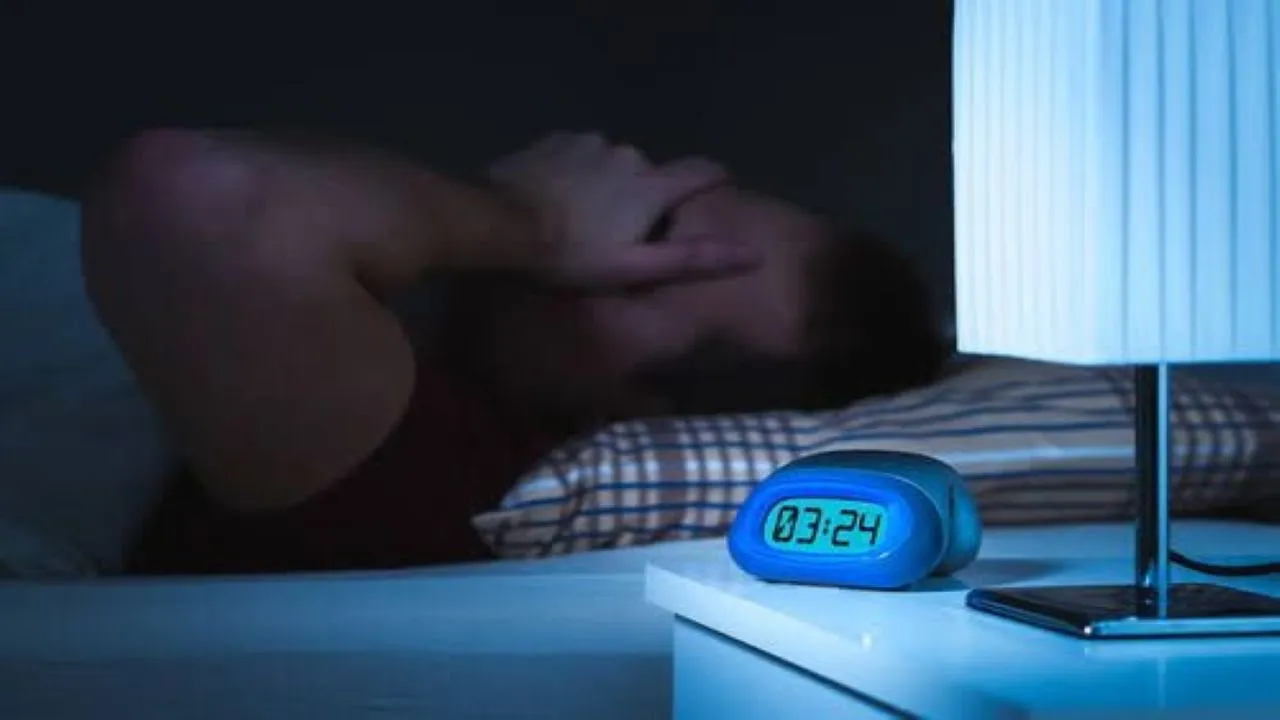Waking up at 3 am regularly? Sleep experts explain how REM cycles, temperature changes, sleep apnea, acid reflux, and brain conditioning contribute to early morning awakenings, and what it means for your health Waking up at 3 am is common and often linked to stress, REM sleep disruptions, poor sleep habits, or health issues like sleep apnea, low blood sugar, or anxiety. Experts suggest maintaining a regular sleep routine, avoiding screens and stimulants, managing stress, and creating a restful sleep environment. Persistent awakenings may require medical attention or a sleep study. “Sleep is not one continuous state — it occurs in repeating cycles throughout the night. In an eight-hour sleep window, we go through three to four cycles of non-REM and REM sleep Each cycle lasts around 90 to 120 minutes, and the REM (Rapid Eye Movement) phases, where most dreaming occurs, get progressively longer toward the early morning During REM, the brain is active, we dream more vividly, and the body undergoes several physiological changes,” he says, adding, “These include fluctuations in blood pressure, heart rate, and breathing patterns — all of which can disrupt sleep and cause awakenings. One key issue during REM sleep is reduced muscle tone — the body is effectively paralyzed, which can lead to episodes of sleep apnea. “People who snore may stop breathing more frequently during REM sleep. This can result in sudden awakenings with a choking sensation. Other disruptions, like acid reflux, are also more common during this phase. “Because the body is so relaxed, the chance of stomach acid moving up increases, which can also rouse someone from sleep. Temperature plays a role, too. “Our body temperature drops at night, which helps induce sleep. But around 3 am, there’s a natural rise in core temperature, making the body more susceptible to waking. That’s why external disturbances — like a dog barking or a light switching on — are more likely to wake someone up at this time. When blood sugar levels drop, experts say, especially in those who have skipped dinner, fasted, or have irregular eating patterns, this can then cause a surge in adrenaline, which can keep waking the person up. Then the body interprets the sugar drop as a threat and tries to “wake you up” to fix it. Some people, especially the elderly, are used to frequent urination. Once awake, they may find it difficult to go back to sleep. Also, doctors warn that if there is a screen exposure or bright light, then melatonin production drops, and sleep doesn’t return easily.
Thank you for reading this post, don't forget to subscribe!Why Do So Many People Wake Up At Three Am And Cannot Go Back To Sleep



